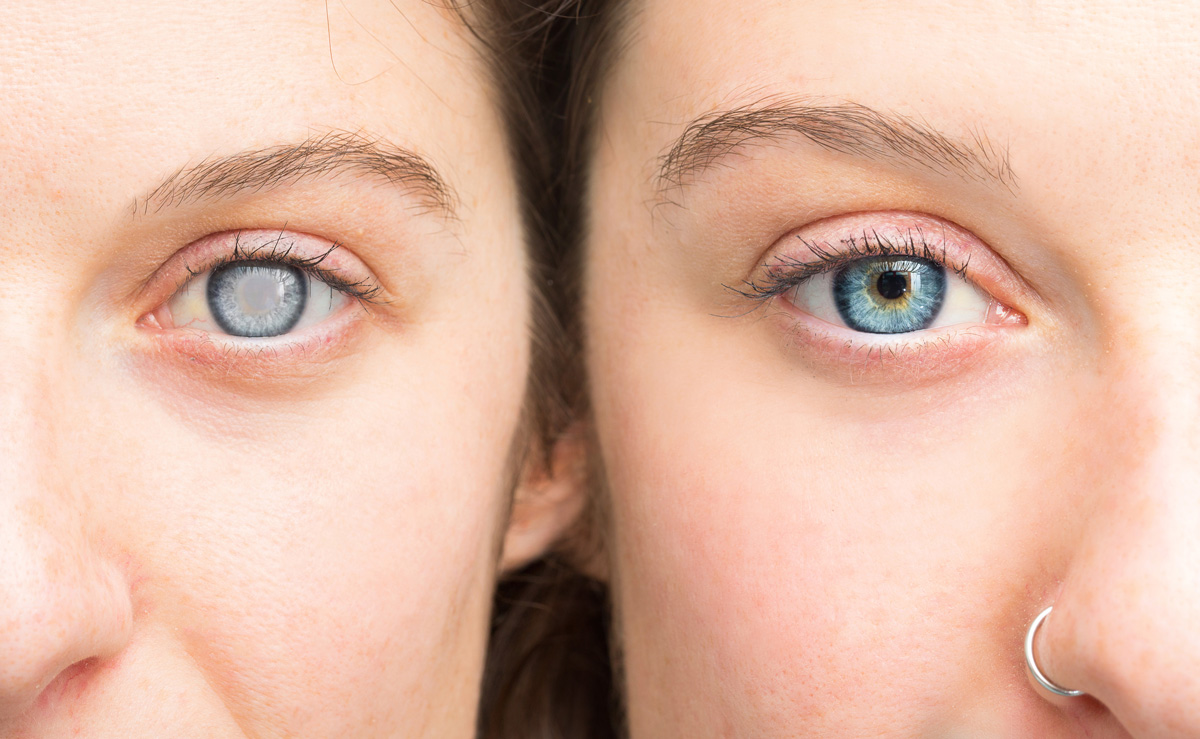Retinopathies and the Promise of Stem Cell Therapy: Restoring Sight and Hope

Our eyes are complex, delicate organs, and their health is essential for maintaining quality of life. Retinopathies, a group of disorders that affect the retina—the light-sensitive tissue at the back of the eye—can significantly impair vision and, if left untreated, may lead to blindness. However, advances in regenerative medicine are opening up new possibilities. Stem cell therapy, in particular, offers promising solutions for people dealing with retinopathies. In this article, we’ll explore what retinopathies are, how they impact vision, and how stem cell therapy could transform treatment options. For those interested in exploring this innovative approach, Genoma Health Clinic offers consultations to discuss personalized treatment plans.
What Are Retinopathies?
Retinopathy is a term that encompasses a variety of conditions affecting the retina. The retina converts light into electrical signals, which the brain processes into images. Retinopathies can disrupt this process, causing partial or full vision loss. Several types of retinopathies can affect individuals, including:
- Diabetic Retinopathy: One of the most common forms, particularly among individuals with diabetes. High blood sugar damages retinal blood vessels, leading to vision problems.
- Hypertensive Retinopathy: High blood pressure can also damage blood vessels in the retina, affecting vision over time.
- Retinitis Pigmentosa: A rare genetic disorder that causes progressive vision loss due to the deterioration of retinal cells.
- Age-Related Macular Degeneration (AMD): Common in older adults, AMD causes central vision loss due to damage to the macula, a part of the retina.
Each type of retinopathy presents unique challenges, but the outcome is often the same: impaired vision that can make daily life difficult.
How Stem Cell Therapy Could Revolutionize Retinopathy Treatment
Stem cells have the unique ability to transform into different cell types, offering a regenerative approach to medicine. This transformative potential is now being harnessed in the field of ophthalmology to treat retinopathies. Here’s how stem cell therapy works for retinal conditions and why it holds so much promise.
1. Regenerating Damaged Retinal Cells
Stem cells can be programmed to become retinal cells, which can then replace damaged or degenerated cells in the retina. This regenerative capability is crucial for conditions like retinitis pigmentosa, where genetic factors lead to gradual retinal cell loss. In cases of diabetic retinopathy or AMD, replacing damaged cells can help restore function and improve vision clarity.
2. Preventing Further Damage
Stem cells also have anti-inflammatory properties that can reduce damage from conditions such as diabetic or hypertensive retinopathy. By preventing further deterioration of the retina, stem cell therapy may help preserve remaining vision and slow the progression of the disease.
3. Improving Blood Supply to the Retina
For many retinopathies, blood vessel damage in the retina leads to vision impairment. Some stem cell therapies aim to repair these vessels or encourage the growth of new, healthy blood vessels. This approach can improve blood flow, reduce the risk of hemorrhaging, and supply retinal cells with the nutrients they need to function properly.
4. Offering a Safer, Long-Term Solution
Traditional treatments for retinopathy often include laser surgery or injections, which may only provide temporary relief and come with potential side effects. Stem cell therapy, on the other hand, can offer a less invasive, potentially long-lasting solution. By addressing the root causes of vision loss, it has the potential to change lives dramatically.
Success Stories: How Stem Cell Therapy is Making a Difference
The potential of stem cell therapy for retinopathies isn’t just theoretical. Clinical trials and case studies around the world have shown promising results. Many patients report improved vision clarity, enhanced contrast perception, and even a return of lost vision.
For example, studies on patients with age-related macular degeneration have shown that transplanted retinal cells derived from stem cells could survive and integrate with the patient’s retina, helping to restore partial vision. Similarly, patients with diabetic retinopathy who have received stem cell therapies report fewer complications and an improved quality of life.
Why Choose Genoma Health Clinic for Stem Cell Therapy?
At Genoma Health Clinic, we specialize in regenerative medicine, providing expert-led, compassionate care to those seeking relief from retinopathies. Our clinic offers:
- Personalized Treatment Plans: We tailor stem cell therapies to each patient’s unique condition, ensuring that treatment is as effective as possible.
- Advanced Facilities: Our state-of-the-art equipment and expertise allow us to offer cutting-edge treatment in a safe, comfortable environment.
- Comprehensive Consultations: Understanding that each patient’s experience with retinopathy is different, we prioritize thorough consultations to discuss all options and address any questions or concerns.
Is Stem Cell Therapy Right for You?
While stem cell therapy offers new hope, it’s not necessarily for everyone. Ideal candidates are often individuals who have not responded well to traditional treatments or who are in the early stages of retinopathy. During a consultation, our specialists at Genoma Health Clinic will assess your condition, discuss the potential benefits and risks, and determine if stem cell therapy is a suitable option.
Take the Next Step Towards Better Vision
Retinopathies can significantly impact quality of life, but stem cell therapy presents an exciting possibility for restoring sight and slowing disease progression. If you or a loved one is struggling with retinopathy, consider exploring this innovative treatment option with us.
For more information or to schedule a consultation, contact Genoma Health Clinic today. Let us help you take a step toward renewed vision and a brighter future.
Conclusion
While retinopathy can be a challenging diagnosis, advancements in stem cell therapy are offering new avenues for healing and hope. The potential to not only preserve but even restore vision makes stem cell therapy an exciting option in the fight against retinopathies. At Genoma Health Clinic, we are dedicated to guiding our patients on this journey with expertise and compassion. Reach out to us to learn how we can help restore your vision and enhance your quality of life.

